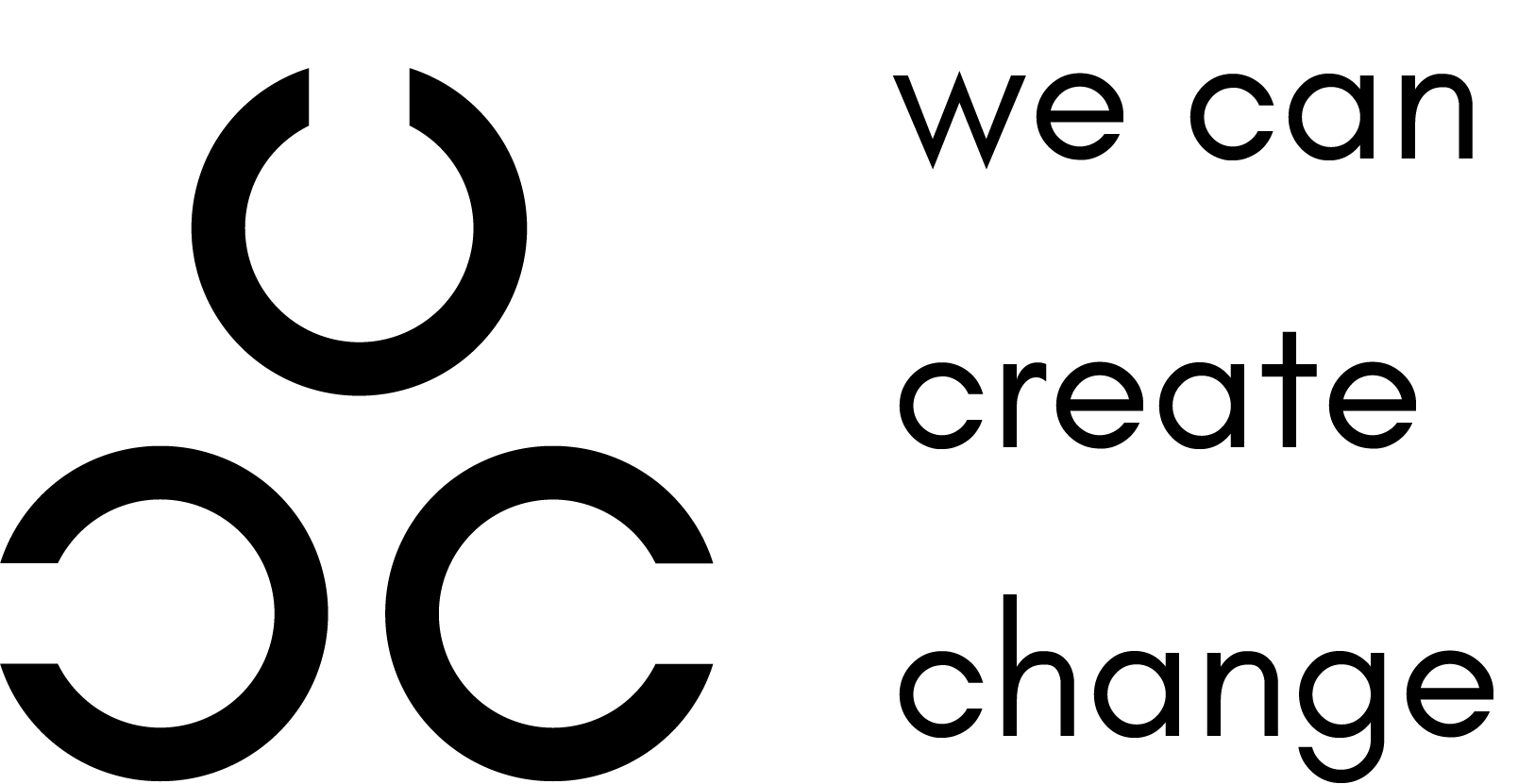Digitalization has become essential to our daily lives, but only some have access to its benefits. The digital divide is a significant obstacle to creating strong, resilient communities in the MENA region and Africa. According to a report by the World Bank, only 38% of people in the MENA region have access to the internet, compared to a global average of 58%. The situation is even more challenging in Africa, with only 28.7% of the population using the internet, according to a report by the International Telecommunication Union (ITU).
At We Can Create Change (WE3C), we recognize the importance of bridging the digital divide and ensuring everyone can access digital technologies. Therefore, we work with local partners to provide training and resources that help people develop the skills they need to use digital technologies effectively. Our goal is to promote digital literacy. Digitalization can be a powerful force for positive change, but only if everyone has access to digital technologies and the skills necessary to use them effectively.
In the MENA region, the lack of access to the internet is a significant issue. According to a report by the Arab Advisors Group, the cost of broadband in the MENA region is high compared to other areas, which makes it unaffordable for many people. This lack of access to the internet not only limits people’s ability to access information and services online but also restricts their ability to participate in the digital economy.
In Africa, the situation is even more challenging. The ITU report shows that the digital divide is most pronounced in the least developed countries, where only 19.1% of the population uses the internet. This lack of access to the internet limits people’s ability to access information, connect with others, and participate in the global economy.
But it doesn’t have to be this way. At WE3C, we are committed to bridging the digital divide and ensuring that everyone has access to the benefits of digitalization. We support initiatives that promote access to affordable and reliable internet services, particularly in underserved areas. We also work with local partners to provide training and resources that help people develop the skills they need to use digital technologies effectively.
By promoting digital literacy, we assist people in accessing information and services online and support civic engagement and empowerment. Social media and other digital platforms have become essential tools for organizing and mobilizing communities around important issues. By supporting the use of those digital technologies for social and political activism and promoting the development of online platforms that enable citizen engagement and participation, we are empowering people to take control of their futures.
In conclusion, at WE3C, we believe that digitalization can be a powerful force for positive change, but only if everyone has access to digital technologies and the skills to use them effectively. We are committed to working with local partners to bridge the digital divide and promote digital technologies for civic engagement, economic development, and social change.
Join us on this journey! Together we can create a more connected, empowered, and resilient world.
Sources:
- World Bank Report on Internet Access in MENA Region: https://www.worldbank.org/en/topic/digitaldevelopment/brief/measuring-internet-access-in-the-middle-east-and-north-africa
- ITU Report on Internet Access in Africa: https://www.itu.int/en/ITU-D/Statistics/Documents/facts/ICTFactsFigures2020.pdf
- Arab Advisors Group Report on Broadband Cost in MENA Region: https://www.arabadvisors.com/MEA-ICT-2021-Report-Announcement

